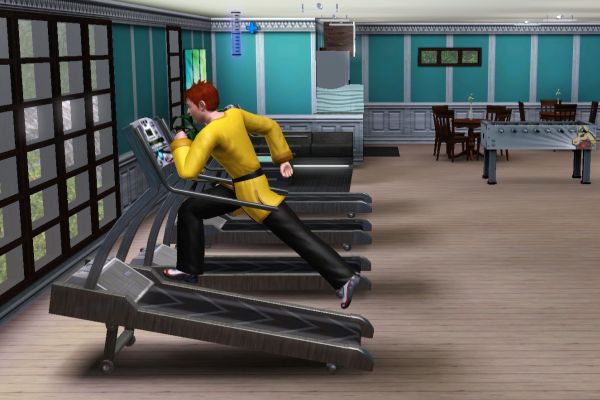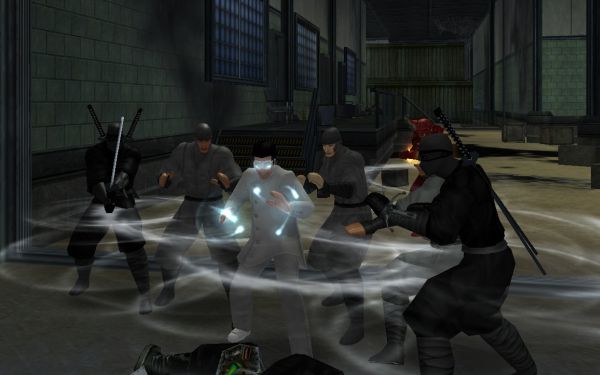
My selfSim comes home from jogging and makes spaghetti. Hopefully I will be able to eat spaghetti again soon – my digestion seems to slowly recover (most of the time) from the antibiotics three weeks ago.
The Zeitgeist – spirit of the times – is certainly strong. Today my pulse watch told me that I had burned 1500 calories (well, a bit more, but I think it exaggerates). And I was feeling all “Yay! Lots of fat burned!”
And then I thought “Wait, what? I’m not overweight! This just means I have to buy more groceries! The more I exercise, the more I’m going to eat.” That is certainly true in the long run, if any. And I actually don’t even run – I just take long walks with some jogging here and there.
I believe it is right, or wise, to exercise the body somewhat when I have a job that mostly leaves me sitting. The body is not built for passivity; it needs to be reminded that it is still inhabited, at least at my current level of development. I believe that when people become more alive inwardly, the need for external exercise becomes less. Certainly scholars and sages seem to live just as long as athletes, if not more so. So there is probably more to this than what meets the eye. But for now, it is an enjoyable way to stay healthy, I think.
So where does the gluttony come in? Well, in its crassest form, there is the notion of exercising more so that I can eat more. This is not all that different from the rumored practice of the decadent Roman parties, where people supposedly gorged themselves on expensive food, then threw up and went back to the orgy. OK, it is healthier and less insane, but the underlying mode of thought is disturbingly similar. They attribute this quote to Socrates: “Worthless people live only to eat and drink; people of worth eat and drink only to live.” I suspect most of us fall somewhere in between, but I also think we will gradually drift in one or the other direction over the years.
But even if you eat and drink to live, or mostly so, the fact remains that you eat more if you are physically active. Of course, if you have manual labor, if you work with your body, this is for the good of society (presumably). But simply by running around, it is within your reach to double your energy output. (Not that I am near that, even on my best days; but then I don’t even jog more than short stretches.) If you double your energy output and keep the same weight, you obviously also double your energy input, or in other words the food you eat. And once you’ve eaten it, no one else will.
Luckily we now live in a world where there is enough food for at least 9 billion people, perhaps 10, and we are only just over 7 billion. So other things probably count more, like throwing away food (huge amounts both privately and especially from shops) or distribution problems in poor countries. There is in and of itself no reason why we should need to eat less right now. And if we do, the first thing would be to eat less meat (and to some extent milk) since much of the energy in plant food is lost while passing through animals.
But there may be a future, not so far away, when food might be less abundant. Fossil fuels will surely continue to grow more expensive, and western agriculture (especially American) uses a lot of oil to produce all this cheap food. So with more expensive oil, food will also be more expensive. This could put it out of reach for the poorest, and the more we in the rich world eat, the less there will be overall. So at that time, eating twice as much may cost someone else their life. That is a heavy burden … except we really don’t care usually. It is not like we can’t afford, most of us, to keep some poor kid alive in a developing country if we really, really want. But most of us don’t do it, at least not regularly. So we’ll probably not think of our eating that way either.
In either case, eating more veggies and grains should help keep the world fed for a while at least, and that may be all we need. The population explosion is set to stop and even reverse around the middle of the century.
Still, there are definitely purer motivations for exercise than eating as much as possible. And it may be that at some point I am going to change my exercise to get more health benefits with less energy use, like hard interval training instead of long, leisurely walks. But for now, this is not a high priority. I just want to be aware of what I do, and not drift mindlessly like flotsam on the stream of time.







